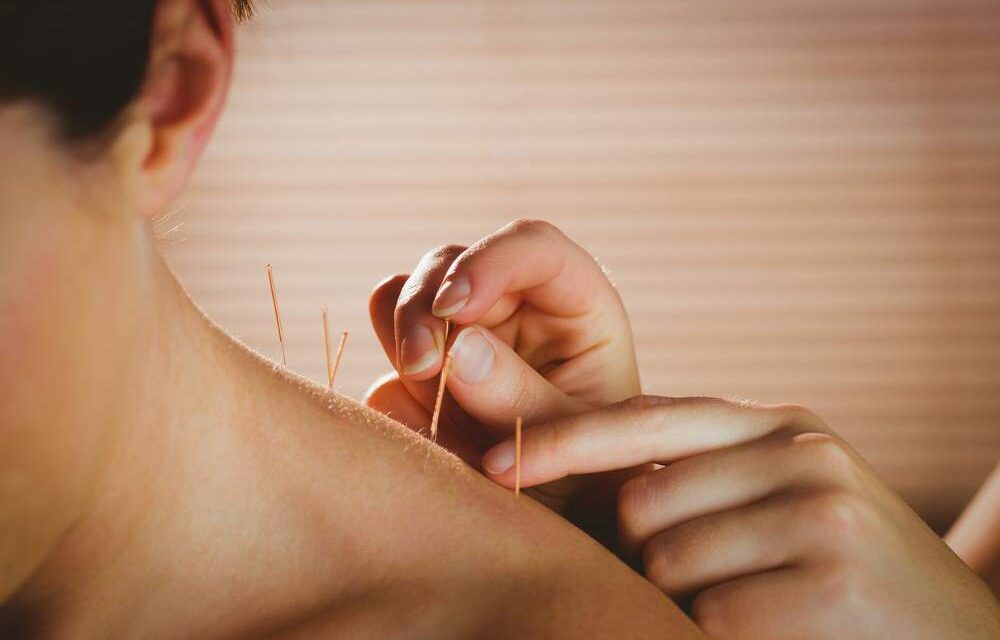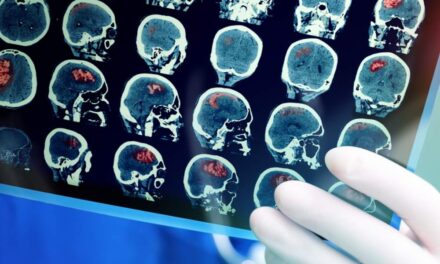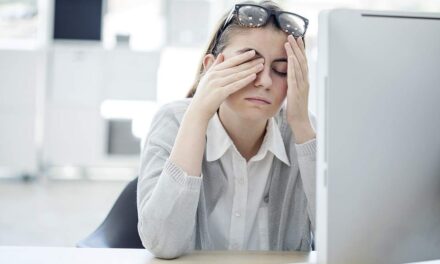In line with the most recent Eurispes Italia Report of 2017, over one in 5 Italians (about 21.2% of the inhabitants) makes use of complementary therapies to traditional drugs: amongst these, homeopathy is probably the most widespread (76.1%), adopted instantly after by phytotherapy (58.7%), osteopathy (44.8%), acupuncture (29.6 %) and from chiropractic (20.4%). So, among the many different therapies acupuncture takes fourth place and, in our nation, in accordance with the analysis of the FISA (Federation of Italian Acupuncture Societies) of 2019, there can be 3,531 acupuncturists formally registered within the lists of the Italian OMCeO (Orders of Physicians and Dentists).
However is that this “different” observe actually efficient? On this article, we’ll discover out collectively the way it works and what the advantages of acupuncture and attainable contraindications.
Acupuncture: what it’s and the way it works
Acupuncture is a really historical observe, which comes from China the place it developed greater than 3000 years in the past, and belongs to the so-called “unconventional” drugs and even “Complementary and different” (MCA, or CAM within the scientific literature, i.e. Complementary and Different Medicines): it could possibly subsequently have well being advantages, supplied it’s related to the standard one. Practiced in China as a department of conventional drugs, it then unfold all through the West, dividing consultants and public opinion on its efficient effectiveness.
It’s a remedy that entails theuse of skinny, sterile and disposable needles in particular pores and skin factors (known as “acupuncture factors”), with the intention of restoring the affected person’s state of well being and well-being. In its traditional formulation, in accordance with this system, the state of illness is brought on by poor circulation of the qi, that’s the important vitality, which flows by the meridians (strains of longitude and latitude) and accumulates or disappears between the totally different elements of the physique, producing imbalances. Subsequently, the insertion of needles in these factors, straight linked to the meridians, causes a stimulation that may permit the activation of various mechanisms geared toward restore vitality stability of the person.
In different phrases, acupuncture would go to act on the nervous system, reaching the facilities that govern the varied features of the organism, restoring the altered ones (which might be on the foundation of the looks of the pathology) and restoring the unique state of well being.
How does an acupuncture session happen?
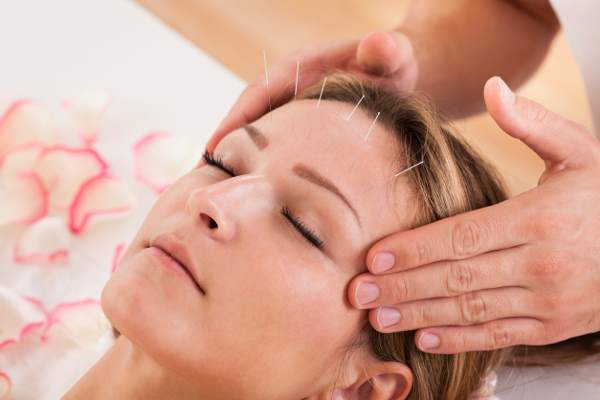
To start with, it’s good to keep in mind that in Italy solely the docs strictly enrolled within the register they will observe acupuncture, and that the addition of a diploma acknowledged by FISA is an additional assure of seriousness and professionalism.
As soon as that is established, an acupuncture session begins with a in-depth interview to establish a analysis not solely on the affected person’s “bodily” state of well being, but additionally on the energetic one (acupuncture treats not solely the illness, however the entire particular person). Subsequently, the physician will go to establish on the physique these factors on which they are going to be inserted, with one fast and painless maneuver, sterile needles with extraordinarily skinny caliber: on this section, it’s regular to really feel a sensation of “heaviness”, slight tingling or a sensation much like a small electrical shock, as a result of stimulation of the needle.
The needles come left inserted for about 25-Half-hour, and a few results of the remedy – similar to drowsiness, gentle numbness and pain-relieving motion – are instantly noticeable, whereas others might be felt after a while. So, contemplating the needle insertion time, an acupuncture session has one variable length of about an hour.
The advantages of acupuncture: for which pathologies is it indicated?
From the information that emerged from varied worldwide research – similar to that of the NIH (The Nationwide Institutes of Well being) “Points Assertion on Acupunture” – can be many the advantages of acupuncture: This process has been discovered to be significantly efficient as a therapy for ache, however it’s also used as a remedy for some acute and continual ailments. Let’s have a look at which of them.
- Osteoarticular and rheumatological pathologies, together with osteoarthritis of the backbone, disc illness and herniated discs, cervical and lumbar, cervicobrachialgia, lumbosciatica and ache as a result of osteoporosis.
- Neurological pathologies, similar to migraines and neuralgia.
- Genitourinary infections, recurrent cystitis, dysuria, nocturnal enuresis, urinary incontinence, menstrual ache, discomfort as a result of menopause and infertility.
- Cardiac pathologies, similar to cardiac neurosis, palpitations, cardiac arrhythmia, hypertension.
- Gastroenterological pathologies, together with gastritis, esophageal spasm, hiatal hernia, dyspepsia, constipation, irritable bowel.
- Respiratory issues, as a result of bronchial asthma, cough and allergy symptoms, sinusitis, continual pharyngitis and dysphonia.
- States of tension, minor depressive types, panic assaults and insomnia.
What number of periods are wanted?
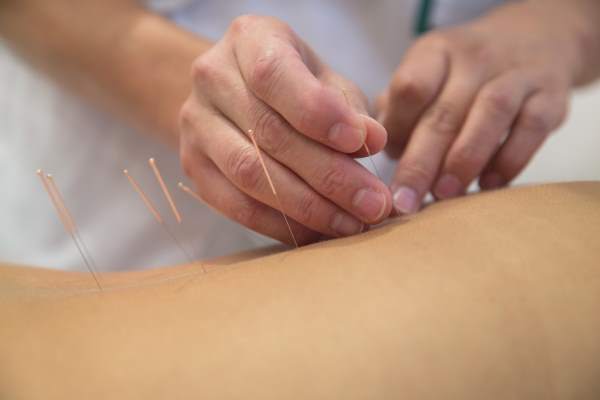
Clearly, the variety of periods varies not solely in accordance with the kind and severity of the illness, but additionally to affected person response: taking this info under consideration, the acupuncturist will consider the timing and strategies. Typically, an acupuncture cycle entails from 5 to 10 periods most, which happen about twice per week in probably the most acute instances and within the presence of younger and never debilitated sufferers; quite the opposite, if it’s a continual illness and the affected person is older, the therapies will happen each 7-10 days. As well as, one can be utilized “upkeep” remedy with month-to-month or short-cycle periods, a couple of times a yr, if and when signs reappear.
Unwanted effects: what are the dangers?
If carried out accurately and by an authorized physician, it’s one secure and principally painless process, which has few dangers and unwanted side effects. Nonetheless, the rules for the administration of scientific danger supplied by the WHO within the software of acupuncture establish some attainable contraindications, which we report:
- Potential danger of transmission of infections from affected person to affected person, similar to HIV or hepatitis, and introduction of pathogenic organisms.
- Doable accidents to important organs in case of improper insertion or sudden and abrupt reactions on the a part of the affected person, which might trigger.
- Fainting due to the sense of exhaustion.
- Roughly intense ache brought on by incorrect insertion of the needle.
- Look of slight bruises on the acupuncture level, which nonetheless will disappear in two / three days.
Basically, bruising (2.1% of instances) and fainting are among the many commonest unwanted side effects, however these are transient signs and shouldn’t trigger concern. As an alternative, different, rarer and extra severe contraindications are accountability of the acupuncturist as a result of incorrect or extreme manipulation. Because of this it’s important to be sure that the physician has a excessive particular preparation and that he follows a sequence of small however essential precautions:
- maintain the work surroundings clear, particularly the puncture website, which should be cleaned with ethyl alcohol;
- wash your arms nicely earlier than the session;
- use needles and tools which can be successfully sterile and disposable;
- adequately protect the fabric for use;
- use an aseptic method: the needle shaft should be stored sterile earlier than insertion and, subsequently, should be manipulated in order that the acupuncturist’s fingers don’t contact it.
Acupuncture: to whom it isn’t beneficial
Though it’s, as we’ve seen, a principally painless process, this therapy shouldn’t be beneficial for:
- Pregnant girls: acupuncture can induce labor and, consequently, it shouldn’t be carried out
- Medical emergencies and surgical circumstances: in these instances, it’s advisable to refer the affected person to an outfitted medical middle.
- Malignant tumors: acupuncture shouldn’t be used within the therapy of malignant tumors and subsequently rather than standard therapies; nonetheless, it may be used as a complementary method for enchancment of the affected person’s life-style and as a therapy for ache brought on by the unwanted side effects of radium and chemotherapy.
- Coagulation issues: in sufferers who’ve these issues, or who’re present process anticoagulation remedy, the process needs to be prevented, as a result of these circumstances improve the danger of blood loss from the needle insertion areas.
- Seizures: Through the interview, the affected person ought to report whether or not he has a historical past of seizures. If the reply is affirmative, you possibly can nonetheless proceed with the therapy, however paying explicit consideration: if through the session the convulsions happen, the acupuncturist should take away all needles instantly and provides first support; if the situation doesn’t stabilize rapidly or certainly worsens, the affected person needs to be transferred to an emergency medical middle.
Lastly, it’s good to keep in mind that some areas will not be acupuncture factors, such because the fontanelles in kids, the exterior genital space, the nipples, the navel and the eyeballs.
Acupuncture: What Does Standard Medication Say?

The query regarding acupuncture – and complementary drugs on the whole – remains to be very advanced and much from being resolved. In 1979, the primary recognition from Western drugs got here: acupuncture was declared by the WHO “Clinically helpful” for the therapy of some pathologies (World Well being Group). Nonetheless, on the time there have been nonetheless no in-depth scientific research and, subsequently, one has to attend nearly twenty years for extra dependable documentation.
In actual fact, in 1996, the WHO Session on Acupuncture was organized in Italy, in Cervia: on this event an official doc on its effectiveness was drawn up, based mostly on the outcomes of about 255 research printed earlier than the tip of 1998 or starting of 1999. As well as, in 2013, the WHO made public the Technique for Conventional Medication 2014-2023, which clearly exhibits that “conventional drugs (TM) is one an essential and infrequently underestimated part of well being care“. On this report, it’s highlighted how the long run goal, subsequently, is to use its potential “for sustaining well being, for well-being and for well being care centered on the particular person”.
However that is not all, as a result of in June 2018 the WHO launched the primary model of the subsequent Worldwide Classification of Illnesses (ICD11) – a classification of issues and ailments – which can change into operational from January 1, 2022 for all member states. : inside, there may be a complete chapter devoted to analysis in accordance with the ideas of Conventional Chinese language Medication, of which acupuncture occupies a basic house.
Acupuncture: a assist for higher prevention
There has actually been criticism of acupuncture, the advantages of that are thought-about easy “placebos”. For the essential entrance, the primary downside is the lack of truly verifiable scientific proof, for the reason that process requires a personalised intervention for every affected person: in truth, there is no such thing as a pathology – with causes, signs and localization of ache – the identical as the opposite and, subsequently, it isn’t attainable to deal with the identical factors for everybody.
Regardless of this, the research reported above have proven precise advantages within the particular person, and lots of contemplate acupuncture efficient within the therapy of many ailments and, subsequently, a process that may be built-in with standard drugs. Furthermore, in contrast to many pharmacological therapies, as we’ve seen, it has nearly no contraindications, if practiced accurately.
Nonetheless, as consultants level out, the acupuncture method shouldn’t exchange standard drugs, however ought to reasonably be considered a assist for therapy and prevention of some ailments and an support to the development of the final well-being of the person.
Do you know i advantages of acupuncture?
Sources:
humanitas.it
sia-mtc.it
acupuntura.it
acupuncture-fisa.it
faromedico.it

